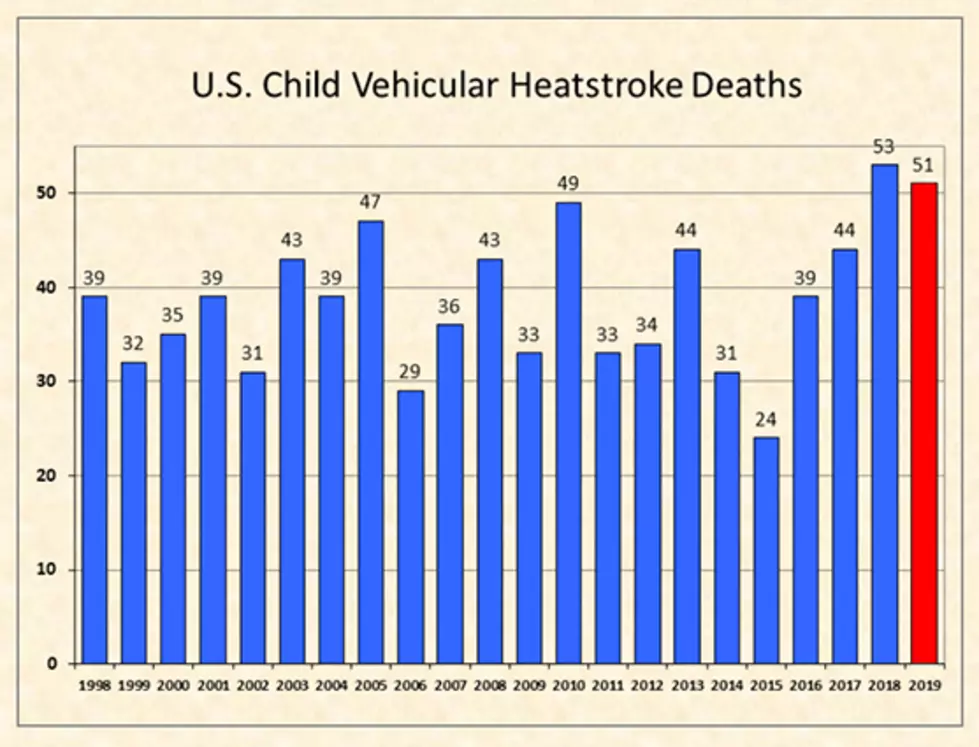
Minnesota Severe Weather Awareness Extreme Heat
The final topic of Severe Weather Awareness Week deals with extreme heat. We will cover several areas here with information from the Department of Public Safety Homeland Security Emergency Management Division and National Weather Service.
Know the heat warning terms:
- Excessive Heat Warning- Issued within 12 hours of the heat index reaching one of two levels. A warning will be issued if: The heat index is greater than 105 degrees Fahrenheit for any period of time.
- Excessive Heat Watch- Issued when the heat index is expected to be great than 105 F and nighttime low temperature will be at least 75 F or higher for two consecutive days.
Heat related fatalities outpace deaths in several other weather categories. Based on a national average from 1992-2001, excessive heat claimed 219 lives each year. By contrast, floods killed 88, tornadoes 57, lightning 52 and hurricanes 15.
Heat problems include:
Heat cramps are muscular pains and spasms that usually occur in the legs or abdomen caused by exposure to high heat and humidity, and loss of fluids or electrolytes
- Find a cool location to rest and take fluids (water or sports drinks).
Heat Exhaustion typically involves the loss of body fluids through heavy sweating during strenuous exercise or physical labor in high heat and humidity.
- Signs of heat exhaustion include cool, moist, pale or flushed skin; heavy sweating; headache; nausea; dizziness; weakness; and exhaustion.
Heat Stroke (also known as sunstroke) is a life threatening condition in which a person's temperature control system stops working and the body is unable to cool itself.
- Signs of heat stroke include hot, red skin which may be dry or moist; changes in consciousness; vomiting; and high body temperature.
- Heat stroke is life threatening. Call 911 immediately!
During a heat wave you should:
- Drink more fluids, avoid alcohol and high sugared drinks.
- Stay in an air conditioned place during the hottest parts of the day.
- If air conditioning is not available, be in a location with adequate shade, air-flow and ventilation.
- Make use of public venues or cooling centers if necessary.
- Wear lightweight, light-colored, loose-fitting clothing.
- NEVER leave any person or animal in a closed, parked vehicle.
The number of children dying from heatstroke in vehicles is on the rise.

More From KRFO-AM



![Drone Footage of Minneapolis at Night Eerie, Beautiful [WATCH]](http://townsquare.media/site/68/files/2020/04/Drone-Video-2.jpg?w=980&q=75)






